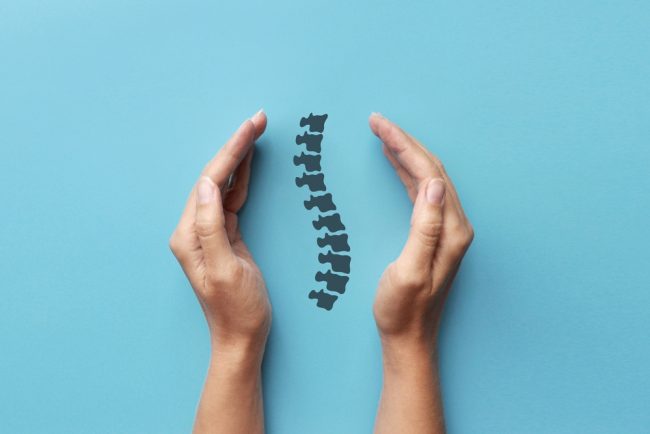A Spine Surgeon Discusses the Complications of Scoliosis in Adults and What Can be Done about Them
Adult scoliosis can be idiopathic (developing in youth and worsening with age) or de novo (caused by spine degeneration). Symptoms include back pain, stiffness, nerve compression, and respiratory issues. Diagnosis involves X-rays and MRIs to assess severity and nerve impact. Treatment depends on the condition’s progression. Conservative approaches like physiotherapy, pain relief, and exercise help manage mild cases, while severe cases may require surgery to correct curvature and improve balance. Regular check-ups, exercises to maintain flexibility, and supplements like calcium and vitamin D strengthen bones and slow progression, enhancing overall quality of life for scoliosis patients.







